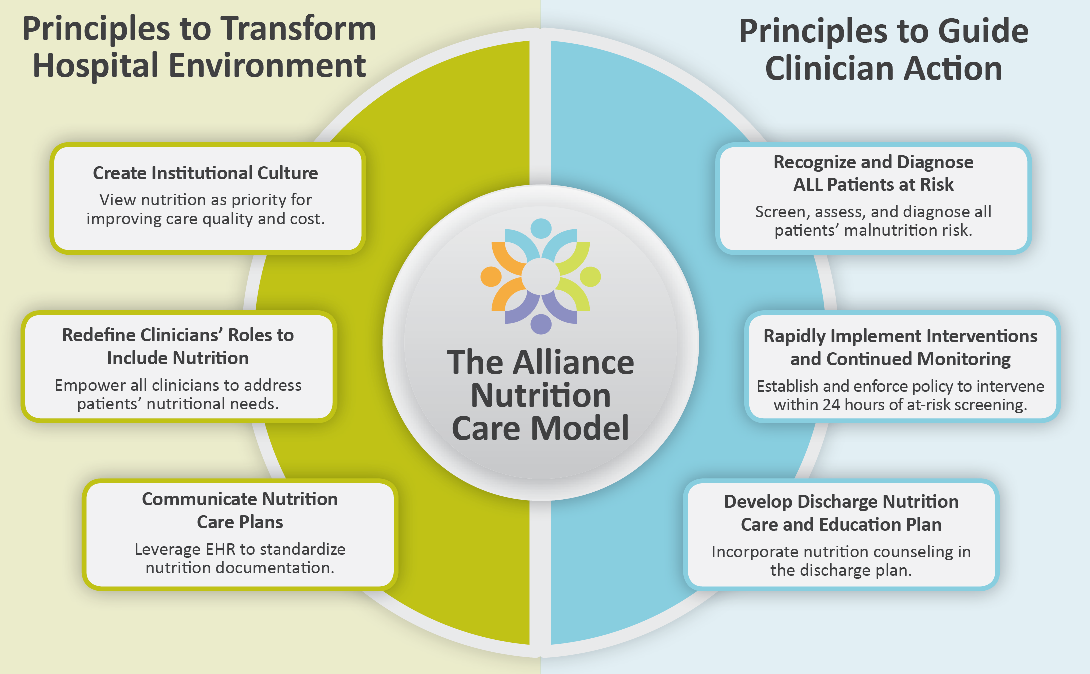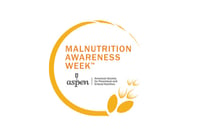This is the fourth of a 5-part series, Impact of Nutrition Care on Patient Outcomes. In this series, we will review original research that shows the impact nutrition care has on patient outcomes.

Malnutrition is a common health issue
Hospital malnutrition in developed countries is more prevalent than most realize. Here are some statistics1:
- It is estimated that one-third of patients are malnourished upon admission to the hospital.
- If left untreated, approximately two-thirds of these patients will become even more compromised during their hospitalization.
- Roughly one-third of patients not malnourished at admission will become malnourished during their hospital stay.
Malnutrition in the frail and elderly is an important area of concern, because it has been correlated with many poor outcomes2:
Nutrition care improves clinical outcomes
Most of these adverse outcomes are preventable or can be improved with nutrition intervention. The Alliance to Advance Patient Nutrition has developed a model for interdisciplinary nutrition care. (Figure 1)
 Figure 1: Source: www.malnutrition.com
Figure 1: Source: www.malnutrition.comThe Steering Committee of the Alliance published a call to action that outlines the comprehensive model from hospital admission through discharge. Their sixth principle, Develop a Comprehensive Discharge Nutrition Care and Education Plan, ensures that nutrition goals achieved in the inpatient setting are not compromised once a patient is discharged1.
Access to food is an important part of discharge planning
One area the Steering Committee suggests be addressed in the discharge plan is access to food. This is one area that is frequently neglected in care transition planning and of particular concern for the frail and elderly. Providing access to food through home-delivered, post-discharge meals allows the frail and elderly to regain their strength and energy sooner. It also helps reduce unplanned hospital readmissions. Proactive hospitals and health plans are providing post-discharge meals as part of transition care planning. The GA Food’s home-delivered meals program allows the frail and elderly to have nutritious, easy-to-prepare meals and remain independent in their homes.
For more information on the benefits of post-discharge meals, see this blog post.
Download free ebook on questions to ask when choosing a home-delivered meals provider.
1Barker, LA. Et al. Int J Environ Res Public Health. 2013; 8(2):514-527.
2Tappenden, KA, et al. J Parenter Enteral Nutr 2013;37:482-497.











